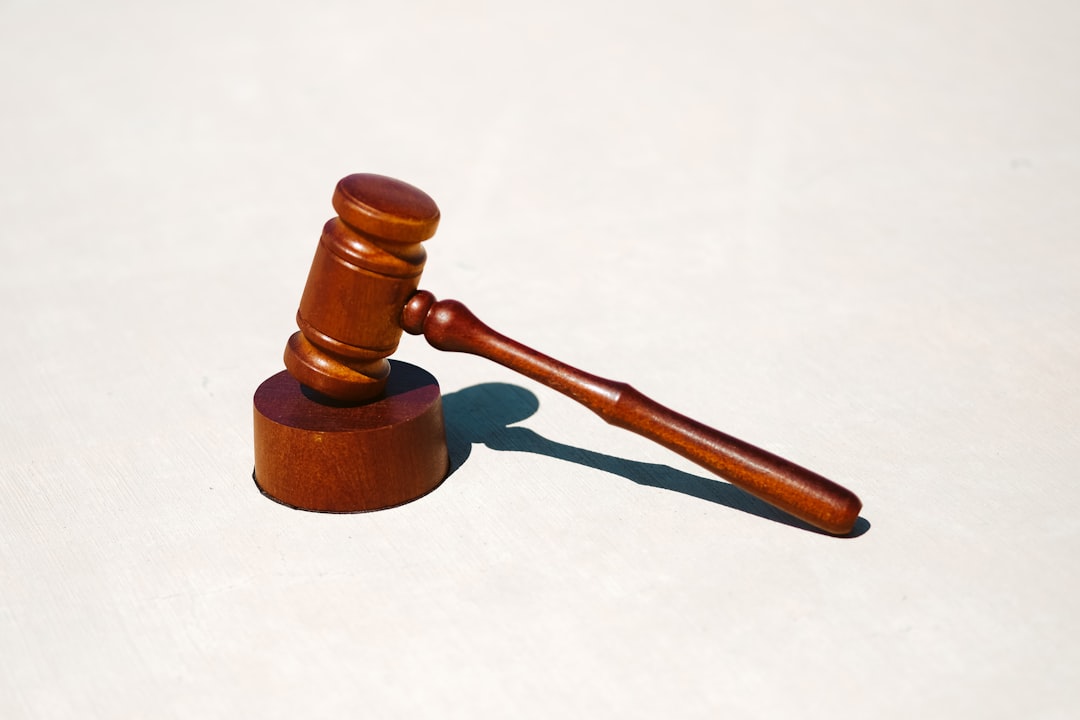Vermont's strict hands-free law bans phone use while driving, except in emergencies like 911 calls or medical situations. Do Not Text Lawyer Vermont advocates for safe driving practices, emphasizing that texting while driving is a primary offense with severe penalties. In emergency scenarios, immediate 911 dialing is advised to ensure swift response and safety on the roads.
In Vermont, driving while using your phone is illegal, but there are exceptions. Understanding when it’s acceptable to make or take emergency calls behind the wheel can save lives and prevent accidents. This article explores Vermont’s hands-free law, mandatory 911 calling situations, medical emergencies, roadside assistance, and the severe consequences of texting while driving, guiding you with expert insights from a Do Not Text Lawyer Vermont.
Understanding Vermont's Hands-Free Law

Vermont has a strict hands-free law in place to ensure safe driving practices, which means drivers are prohibited from holding or using any electronic device while behind the wheel. This includes sending text messages, making calls, or even accessing apps on your phone. The primary goal is to minimize distractions and promote focus on the road.
Understanding this law is crucial for Vermont residents, especially with the prevalence of smartphones. If caught violating this regulation, individuals may face penalties, including fines. For legal advice regarding emergency situations while driving, consulting a Do Not Text Lawyer Vermont can provide guidance tailored to Vermont’s specific laws, ensuring you remain compliant and safe on the roads.
When Calling 911 is Mandatory

In emergency situations, immediate action can save lives. If you’re involved in a car accident or witness one, calling 911 is crucial for prompt medical assistance and emergency services response. Do Not Text Lawyer Vermont emphasizes that using your phone hands-free to dial 911 while driving is the safest course of action.
Any use of a mobile device behind the wheel—including texting—is strictly prohibited under Vermont law, except in cases where it’s an emergency. If you’re in a situation requiring urgent attention from police, fire, or medical professionals, dial 911 immediately. Even if you don’t have time to compose a text message, you can still alert emergency services by calling and providing vital information about your location and the nature of the emergency.
Exceptions: Medical Emergencies and Roadside Assistance

In Vermont, drivers are generally prohibited from using their phones while behind the wheel. However, there are exceptions to this rule for situations that demand immediate attention, such as medical emergencies. If a driver encounters a life-threatening situation, they may use their phone to call 911 or other emergency services without fear of legal repercussions.
Additionally, roadside assistance calls fall under these exemptions. If you experience a vehicle breakdown or flat tire and need help, it’s acceptable to make a quick call to your service provider for guidance or towing. Remember, in cases like these, safety is the top priority, so avoid any activities that may distract from driving while en route to getting assistance. Do Not Text Lawyer Vermont remains a crucial reminder to keep roads safe during emergencies.
Legal Consequences of Texting While Driving in Vermont

In Vermont, texting while driving is considered a primary offense, meaning law enforcement officers can pull you over solely for this infraction. The state has strict laws in place to deter drivers from engaging in this dangerous behavior. If convicted, individuals face significant penalties, including fines, license suspension, or even jail time. These penalties serve as a deterrent and emphasize the state’s commitment to road safety.
A “Do Not Text Lawyer Vermont” can guide you through these legal consequences and help navigate the complexities of the law. It’s crucial to understand that texting while driving not only puts yourself at risk but also endangers others on the road. Therefore, it’s essential to exercise restraint and avoid any distractions behind the wheel.






